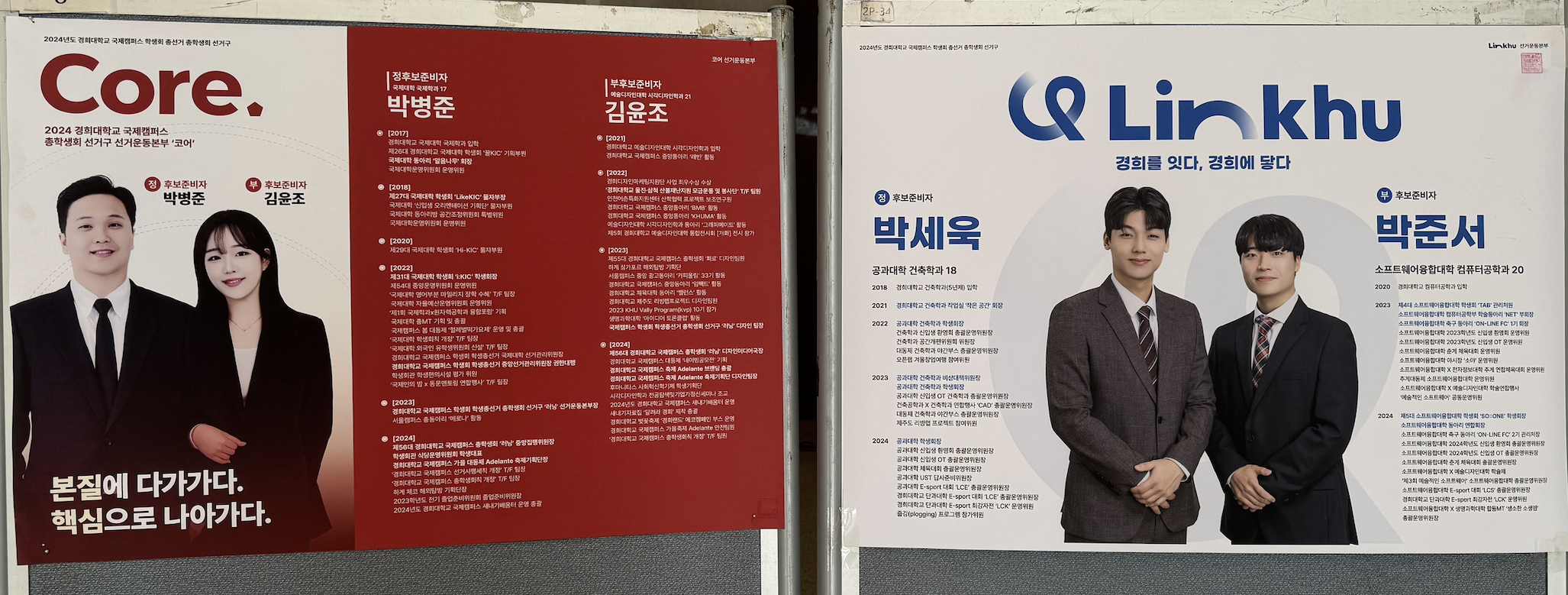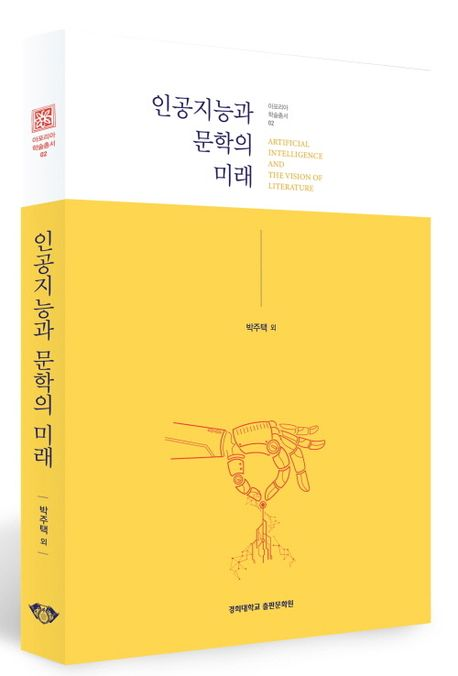[Feature] Tipping in South Korea: A New Trend Stirring Debate
Tipping in South Korea: A New Trend Stirring Debate
Park, Gyu-sang
Cub-Reporter
pgs20001000@khu.ac.kr
On July 19, Kakao Mobility Corp, a prominent ride-hailing platform in South Korea, introduced a tipping feature for its users. Presented as a way to reward taxi drivers for their service, the goal is to provide additional compensation for high-quality services.
In August, 2023 an image of a tip box at the renowned London Bagel Museum in Seoul went viral online. Subsequently, reports surfaced of other cafes and restaurants in South Korea adopting similar practices. This has led to speculation that a tipping culture may be taking root in the country.
The Origin of the Tipping Culture and Rising Controversy in South Korea.
Tipping originated from the English tradition of Noblesse Oblige, where landlords would give extra money to their servants. This practice has since spread worldwide, including the U.S., and now appears to be emerging in Korea. While tipping has been customary in high-end dining, such as sushi bars, its application in everyday commerce and public transportation has sparked controversy.
Amidst rising living costs, the public has largely reacted negatively to this trend. In defense, Kakao Mobility clarified that tipping is optional and aims to encourage better service and higher driver ratings. They assert that tips go directly to the drivers without the company profiting. Similarly, the London Bagel Museum stated that the tip box was merely decorative and was removed following the backlash.
Potential Economic Benefits of Tipping in South Korea
The establishment of a tipping culture could have varied effects. It may incentivize staff to enhance service quality and provide businesses with a metric to assess employee performance, potentially boosting productivity. The American Economic Association found that tipping increases when clients are wealthier and staffs are lower paid, suggesting a possible economic redistribution benefit.
Korean statistical data shows that recent minimum wage increases have not kept pace with inflation. The consumer price index climbed to 112.33, up by 3.4% from the previous year. With the lingering effects of COVID-19, wage growth slowed significantly, suggesting that tipping might relieve some pressure on businesses by offsetting wage costs.
As the price of raw materials climbs, consumer spending tends to decline. Businesses, grappling with these rising costs, find themselves compelled to reduce fixed expenses, including labor costs. This cycle, if sustained, could lead to even higher prices. A well-embedded tipping culture could offer some relief by lessening the wage load carried by businesses.
Potential Economic Drawbacks of Tipping in South Korea
Nevertheless, tipping is not the sole solution to reducing labor expenses. Government interventions, like employment stabilization funds and insurance fee reductions, are being considered as alternatives. Critics argue that tipping could become an irresponsible way for businesses to shift costs to consumers.
In the U.S., where tipping is well-established, it has sometimes become obligatory rather than discretionary, leading to "Tipflation"?inflation in tips that mirrors general inflation. This poses a risk that a similar scenario could unfold in South Korea.
Jang Se-yoon, a physics student at Kyung Hee University (KHU), expressed firm opposition to the nascent tipping culture in an interview. "The current minimum wage in South Korea is set without considering tips," he explained. "Incorporating tips into wage calculations could lead to extreme fluctuations and economic instability for those earning the minimum wage." He also raised concerns about the potential for power tripping among customers. "From my experience in part-time jobs, I have already dealt with rude individuals making unreasonable demands," he recounted. "If tipping becomes widespread, and staff wages depend on it, I fear their behavior could get even worse."
Supporting these concerns, data revealed a significant drop in the use of Kakao Mobility’s tipping feature, with user numbers plummeting from a daily average of 2,005 in the third week of July to just 551 in the first week of September.
Is Tipping Legally Justifiable?
Under South Korea's food sanitation law, pricing must include value-added tax and service charges, making it illegal to exclude these costs. Critics of tipping argue that it should be viewed similarly, as it adds an extra charge for service that ought to be included in the initial price. Prof. Kim Jung-yu from the Dept. of Economics at KHU highlights a tipping paradox: “The culture of tipping often dictates the tip amount even before service is provided. Considering that tipping's core purpose is to reward service quality, setting a predetermined tip is a contradiction.”
Nevertheless, some contend that tipping does not contravene food sanitation law, as it is voluntary and not a mandated payment. Many experts remain unconvinced about the illegality of tipping, particularly when establishments make it clear that tipping is optional.
The concept of tipping generally faces more criticism than praise in South Korea. There is a prevailing concern that while tipping remains non-compulsory, it could become obligatory if it becomes more culturally embedded. Yet, it is essential to recognize that South Korea's economic structure has driven the introduction of tipping. Acknowledging this, tipping could have beneficial outcomes. It remains a critical issue that warrants the public's attention both now and in the future.
Kakao Mobility logo photo: kakao mobility (kakaomobility.com)
London Bagel Museum Tip Box photo: Seoul wire (seoulwire.com)
South Korean CPI index photo: kostat (kostat.go.kr)
There are no registered comments.
- 1
- 2
- 3
- 4
- 5
I agree to the collection of personal information.





